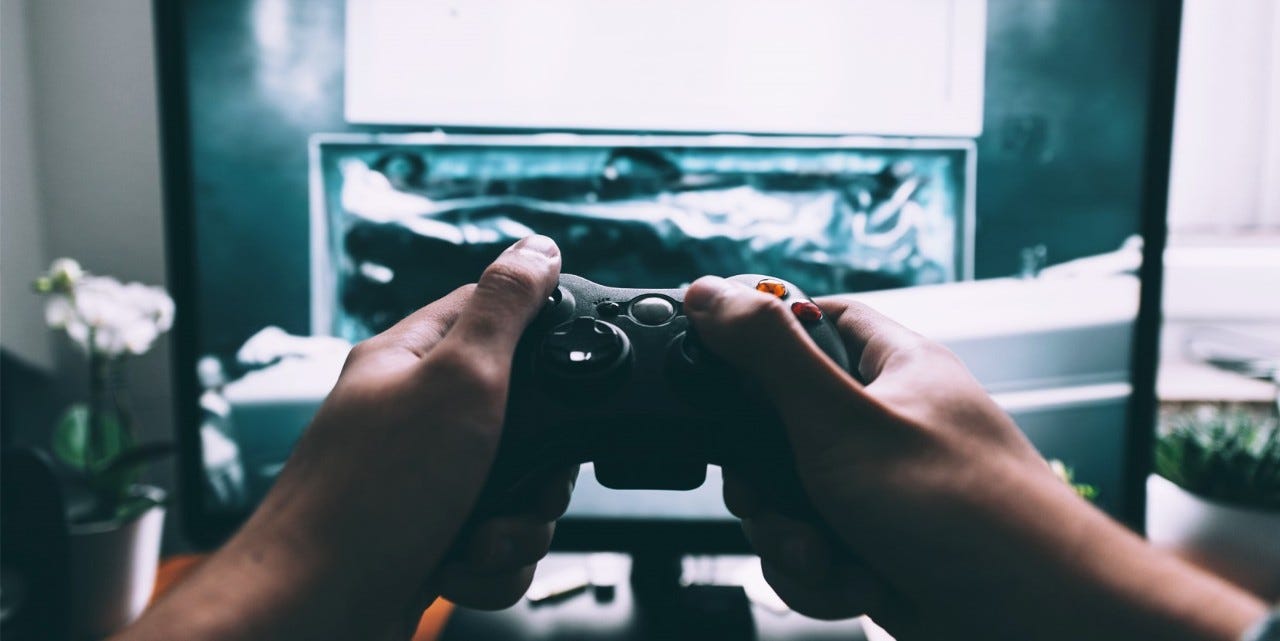“I'm on my cell phone from morning to night”
Levin P.* will soon turn 18. He spends several hours a day on his smartphone or game console. He admits himself that he is an online addict.

On average, how many hours a day do you spend on electronic media?
Taking an average across the whole week, including school hours, I’d say about five to six hours a day. A little less during the week, but considerably more at weekends and during the holidays.
Do think that’s too much?
Yes. I really started thinking about how much time I was spending online two years ago when my grades got a lot worse. I used to be a good student. But my media consumption increasingly cut into the time I was spending on homework and revising. Working at the last minute and during the night, I managed to maintain a sufficient average to pass, but I was completely exhausted afterwards. But the next term it was the same story. Too much time online, too little schoolwork.
“I find it really hard to motivate myself to meet friends in my spare time or even just to go out.”
You describe yourself as an online addict.
Yes, I find it really hard to meet friends in my spare time or even just to go out.
But you still can’t reduce your media consumption. What would you rather do instead?
I used to do a lot of sport, especially football and tennis, but I’ve neglected them recently. For the last few months, I’ve at least started going to the gym and football training now and again. It does me good, and I hope I’ll get back on track soon.
That doesn’t sound very convincing. How confident are you that you’ll succeed?
There are times when I’m more confident than others. There are still too many days when I sit from morning to night staring at my smartphone or game console.. Even I find it annoying, and yet it happens regularly.
“When I win I’m euphoric and I want to experience the same feeling next time I play.”
What’s so fascinating about gaming that you devote whole days to it?
I believe that psychologists are involved in the programming of many computer games. When I win, I’m euphoric and I want to experience the same feeling next time I play. When I lose, I get annoyed and keep playing until I win again. And with some games, you automatically go back to the start when a game ends – so you can continue endlessly if you don’t have the discipline to stop.
And you lack the gumption to stop?
When you’re in the moment, it doesn’t feel like that. It’s just fun to keep on playing. By the time I realise I maybe should have stopped earlier, it’s already evening.
After the coronavirus break, we should soon be getting back to regular school routine. What’s your plan?
I’ve made it my goal to finish school with a matura in a year’s time. It’s up to me to work and revise hard so I can succeed. I know that I’ll have to reduce by media consumption considerably.
And if you don’t manage it?
I’ll quickly look for professional help, because I don’t want to have to repeat the year or drop out. I’ve discussed this with my parents as well. Naturally they’re happy to support me.
(*) Name changed by the editor
What the expert says: overcoming an online addiction
Levin’s descriptions sound honest and authentic to psychologist and psychotherapist Franz Eidenbenz. As head of treatment at the Radix centre for gambling addiction in Zurich, he has a great deal of experience in addiction relating to new media. And the trend is rising.
He’s critical of Levin’s self-help plan. It depends on how long the problem has been ongoing. “If an online addiction has already developed, which means the addiction has had negative consequences for over a year, such as neglecting leisure activities or a decline in school performance, it’s hard to just give up.” Those affected often believe for too long that they can get back on track, even if they’ve long since lost control. Most don’t usually succeed without professional help.
According to Eidenbenz, family and friends play an essential role in recovering from addiction. Those closest to the addict often notice the problem first and recognise the need for action. Decisive steps can be taken together. “For example, a young person is most likely to overcome addition if their parents express their concern and the family works together in getting help.” Even if it may not appear so at first glance, those affected by addition do care what their friends and family think.
Franz Eidenbenz formulates the basic rule as follows: “If a person’s online consumption doesn’t return to normal within six months, it’s a good idea to get professional help”. Although it’s only the young person and their parents themselves who can make the changes, good professional help can help them get to grips with the problem. The experiences of Franz Eidenbenz and research findings clearly show: “Online addiction is curable.”


